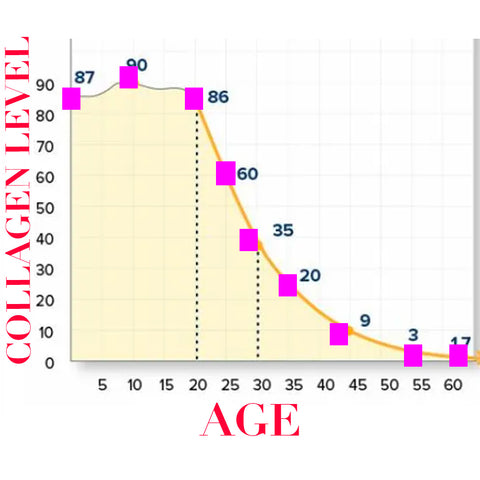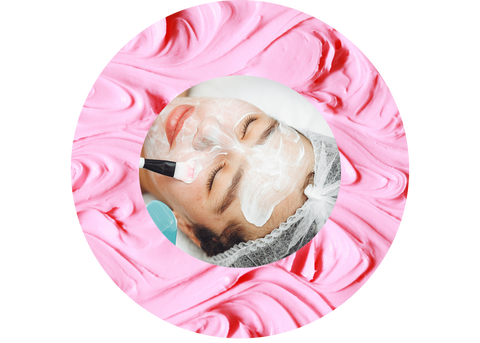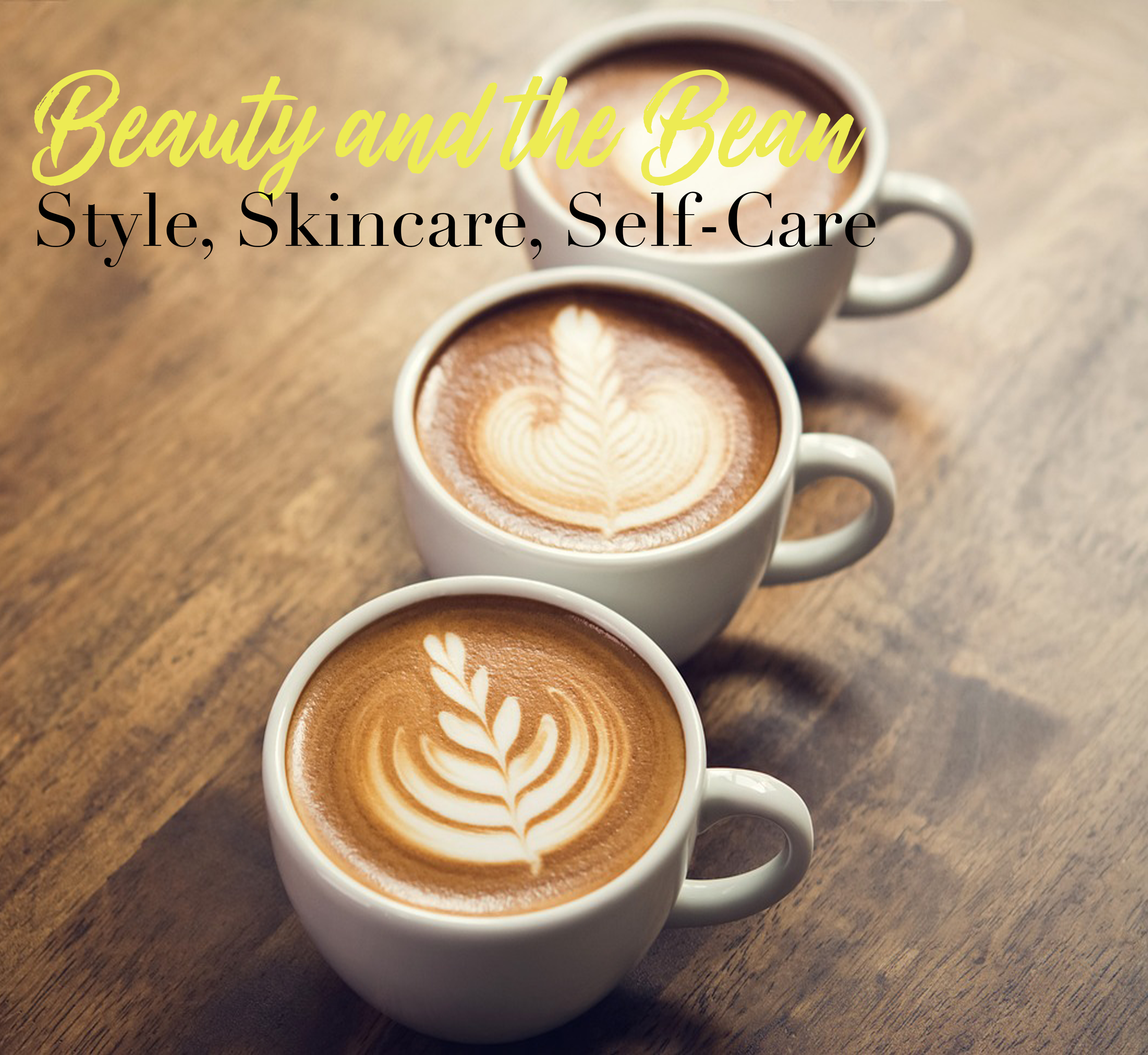Can you reverse aging skin?
| Marzena Hallam
The graph shows that the collagen levels change dramatically over time. In the 20s, the skin is smooth and elastic. In the 30s, the first signs of aging start to appear, such as fine lines and wrinkles. In the 40s, the skin becomes thinner and drier. In the 50s, the skin starts to sag and lose its elasticity. In the 60s, the skin becomes more wrinkled and creepy. Do you know why?

MAJOR CONTRIBUTORS
- Sun exposure: Sun exposure is the leading cause of premature aging. The sun's ultraviolet (UV) rays damage the skin's collagen and elastin, which are the proteins that give the skin its strength and elasticity.
- Smoking: Smoking damages the skin's collagen and elastin, leading to wrinkles and sagging skin. Smoking also deprives the skin of oxygen and nutrients, which can make it look dull and unhealthy.
- Dehydration: When the skin is dehydrated, it becomes thinner and more wrinkled. Make sure to drink plenty of water and use a moisturizer to keep your skin hydrated.
- Stress: Stress can contribute to premature aging by increasing the production of cortisol, a hormone that can damage the skin. Find healthy ways to manage stress, such as exercise, yoga, or meditation.
- Genetics: Some people are more likely to age prematurely than others due to their genetics. However, there are still things that you can do to slow down the aging process.
HOW TO DELAY AGING?
- Wear sunscreen every day, even on cloudy days. Choose a sunscreen with an SPF of 30 or higher and apply it generously to all exposed skin 15 minutes before going outside.
- Quit smoking. Smoking is one of the worst things you can do for your skin. If you need help quitting, there are many resources available to help you.
- Drink plenty of water. Water helps to keep your skin hydrated and plump. Aim to drink eight glasses of water per day.
- Use a moisturizer. Moisturizing helps to keep the skin hydrated and prevent it from drying out. Choose a moisturizer that is appropriate for your skin type.
- Eat a healthy diet. A diet rich in fruits, vegetables, and whole grains can help to protect your skin from damage.
- Get enough sleep. Sleep is essential for skin health. Aim for 7-8 hours of sleep per night.
- Manage stress. Stress can contribute to premature aging. Find healthy ways to manage stress, such as exercise, yoga, or meditation.
SKIN AGING PROCESS

20s
- Collagen and elastin production are at their peak, giving the skin its smooth, elastic, and plump appearance.
- Fine lines and wrinkles are minimal or nonexistent.
- Skin is generally healthy and radiant.
30s
- Anti-Aging Products: Consider introducing anti-aging products containing ingredients like retinoids, vitamin C, and peptides to promote collagen production and reduce fine lines.
- Eye Cream: Start using an eye cream to address early signs of aging around the eyes.
40s
- Moisturize: Continue using a moisturizer, as the skin tends to become drier with age.
- Retinoids and Peptides: Emphasize the use of retinoids and peptides for their anti-aging benefits.
- Serums: Consider incorporating serums containing antioxidants to combat free radicals.
50s
- Hydration: Prioritize hydrating products to combat increasing dryness.
- Gentle Cleansing: Use a gentle cleanser to avoid stripping the skin of natural oils.
- Retinoids: Continue using retinoids but possibly at a lower concentration to avoid irritation.
60s
- Hydration and Nourishment: Focus on rich, nourishing moisturizers to support the skin's barrier function.
- Sun Protection: Continue strict sun protection practices.
- You might need to look into more advance skincare products and treatments.

How about checking the age of your. You can do it yourself here:
https://www.perfectcorp.com

